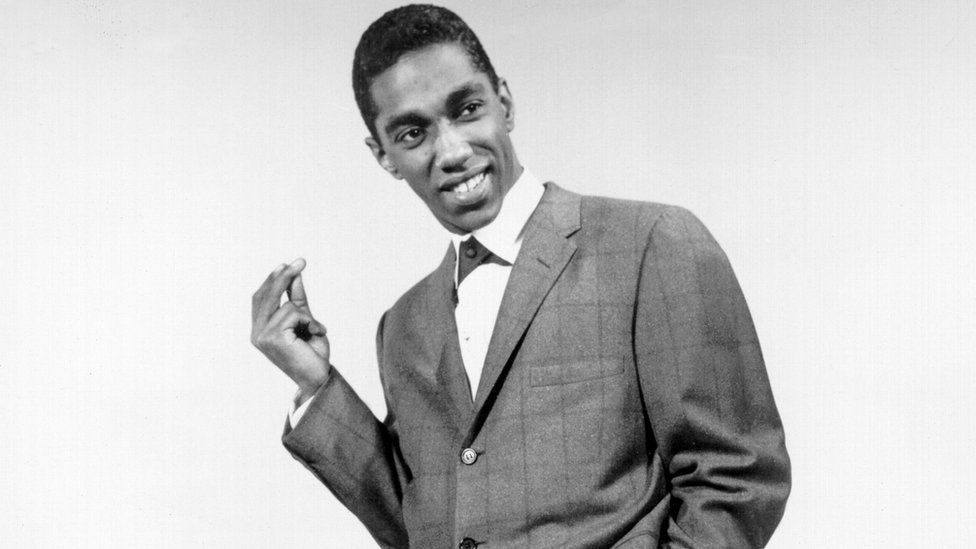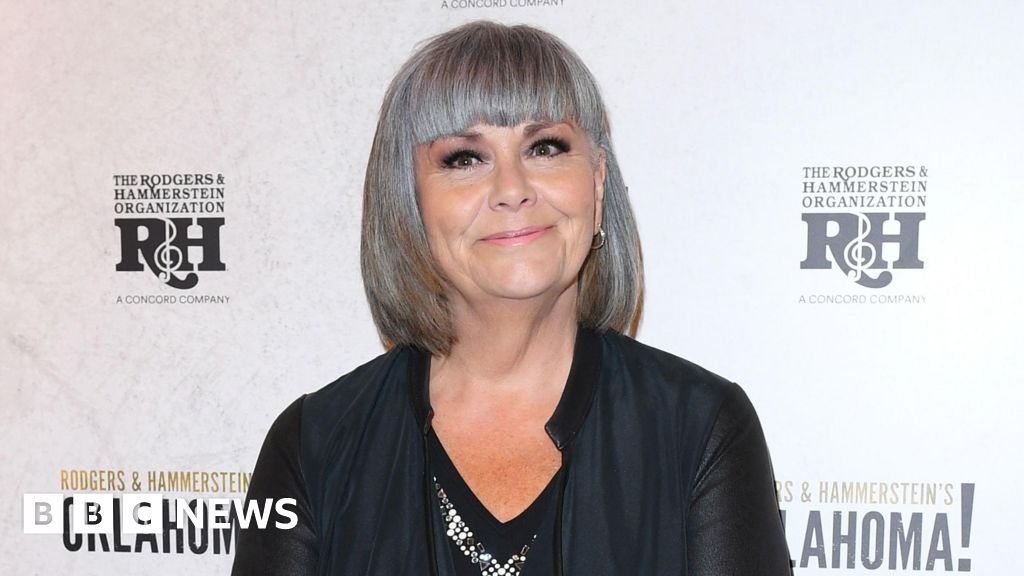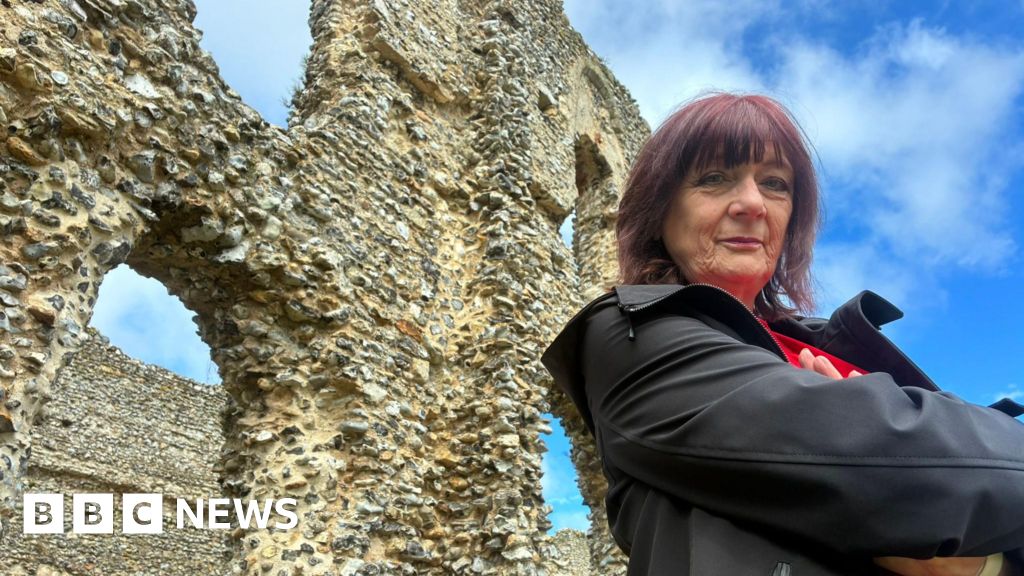ARTICLE AD BOX
 Image source, Getty Images
Image source, Getty Images
Barrett Strong was one of Motown's most innovative songwriters
By Mark Savage
BBC Music Correspondent
Barrett Strong, a pivotal figure in the history of Motown Records, has died at the age of 81.
He sang the label's first major hit, Money (That's What I Want), in 1959, and went on to co-write classic songs like I Heard It Through the Grapevine, War and Papa Was a Rollin' Stone.
Those hits were "revolutionary in sound and captured the spirit of the times", Motown founder Berry Gordy said in a written tribute to the musician.
No cause of death has been disclosed.
"Barrett has left his indelible stamp... on music history," said Temptations founder Otis Williams in a statement. "Our Motown family has lost a beloved brother and extraordinary songwriter."
Gordy added: "Barrett was not only a great singer and piano player, but he, along with his writing partner Norman Whitfield, created an incredible body of work.
"Barrett is an original member of the Motown Family and will be missed by all of us."
Royalties fight
Strong was born in Mississippi and grew up in Detroit, where he sang and played piano with his four sisters in The Strong Sisters, a gospel group.
While touring local churches, they befriended soul stars such as Jackie Wilson and Sam Cooke.
"My sisters were very pretty girls, so when all the singers would come to town, all the guys would stop by my house," he later recalled. "I'd play the piano and we'd have a jam session."
He was just 18 when he agreed to let Gordy manage him and release his music.
Within a year, he had a million-selling single, Money, which was subsequently covered by The Beatles, The Rolling Stones and the Flying Lizards.
Warning: Third party content may contain adverts
According to Strong, the song began with its infectious piano riff, which he dreamed up during a spontaneous recording session at Motown's Hitsville headquarters.
"I just happened to be sitting there playing the piano," he told the New York Times in 2013. "I was playing What'd I Say, by Ray Charles, and the groove spun off of that.
"Everybody said, 'What was that?!'" he recalled. "They said, 'Let's write some lyrics,' and we had a song."
With its opening refrain, "The best things in life are free/But you can give them to the birds and bees", Money was an instant hit, shooting to number two on the US R&B chart and number 23 on the Hot 100.
The success provided Gordy with vital capital to expand his operation, and Motown went on to transform US music, breaking down racial barriers as it went.
However, Strong spent years fighting the label for his share of the song's royalties, after they removed his name from the credits. (Gordy claimed he had written the song, and that Barrett's credit was a "clerical error").
How Grapevine was buried
Image source, Getty Images
Image caption,Motown initially refused to release Marvin Gaye's version of I Heard It Through The Grapevine as a single
Money was Strong's only hit as a vocalist, albeit one that kept him on the radio for more than 60 years.
He later said he was happy to retreat behind the scenes.
"I never felt comfortable with myself as a recording artist," the father of six told Billboard magazine.
"I had to work to support my family. I'm not looking for the spotlight and all the glamour and stuff like that. I just like to work in my studio and see what we can come up with."
In Motown's back rooms, he teamed up with producer Norman Whitfield, with whom he wrote some of the label's most cherished singles, including Ball of Confusion, Just My Imagination (Running Away with Me), I Wish It Would Rain and Wherever I Lay My Hat (That's My Home).
Warning: Third party content may contain adverts
Many of their songs had roots in political activism. Edwin Starr's War, for example, was inspired by Strong's cousin, a paratrooper who was badly injured in Vietnam.
I Heard It Through The Grapevine, meanwhile, took its title from the days of the US Civil War, when the "grapevine telegraph" was a system of communication used by slaves.
Strong heard the phrase on the streets of Chicago and took it to Whitfield. Together, they worked it into a song of epic romantic betrayal.
Smokey Robinson's Miracles recorded it first, in 1966, but Gordy decided not to release it. A year later, Marvin Gaye cut his own version, but it was also vetoed.
It was only when Gladys Knight & The Pips sped the song up, putting a lighter spin on its aching melody, that it got the seal of approval.
Their version reached number two in 1967; and Gaye's dark, hypnotic reading of the track was buried as an album track - until E Rodney Jones, a DJ at Chicago's WVON radio station put it on air.
After the song aired for the first time, Jones told Motown marketing man Phil Jones that "the phones lit up". It was released 11 months after the Pips' version and became Motown's biggest-selling single.
"They didn't think it was a hit record," Strong later recalled. "You know how it goes: They say, 'We don't like that,' but when it's a hit, everybody takes credit."
Warning: Third party content may contain adverts

 2 years ago
52
2 years ago
52








 English (US) ·
English (US) ·